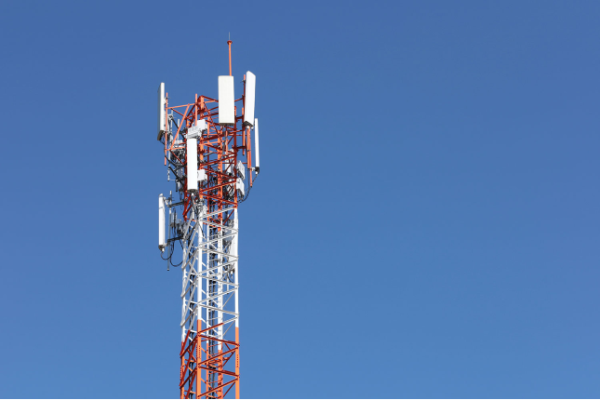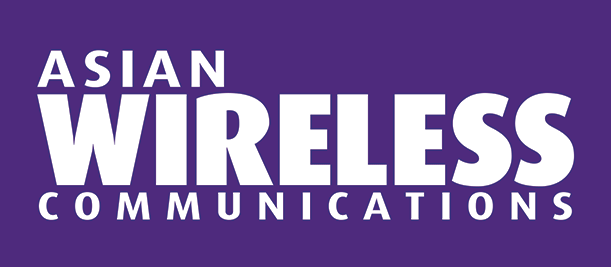13 August 2024

This includes imposing increased financial penalties for service providers that do not meet benchmarks and directing them to compensate mobile phone users when outages continue for more than 24 hours. Fixed line service providers will also face penalties if it takes more than three days to repair a fault in their network or service.
Financial penalties for not meeting the benchmarks have been doubled to INR100,000. The regulator has also introduced a graded penalty system for different scales of rule violations under the revised regulations.
These new rules follow an ‘extensive review of the existing regulations’ and the introduction of a comprehensive regulatory framework. The new framework encompasses QoS benchmarks for 4G, 5G and high-speed broadband services on fibre in one place. There had formerly been three different regulations. The update recognises the changing technology landscape with tightening of benchmarks for network availability, call drop rate, packet drop rate and latency.
A period of six months to two and a half years has been offered to operators for the smooth transition and upgrading of their networks.
As part of this new approach, mobile coverage maps for 2G, 3G, 4G and 5G, and QoS performance will need to be published on service providers’ websites. Reporting of significant network outages, jitter, maximum bandwidth utilisation between radio and core network during busy hours, and SMS delivery success rate will also be mandated.
Reporting around performance will be required monthly and at a cell level. For now, the requirement is reporting on a quarterly basis and a base station level.
In response, service providers say the new rules would increase their cost and compliance burden; they also complain that no regulator in similar economies has introduced such rules.
They also highlight right of way (RoW) issues when acquiring permissions for infrastructure deployment, radio interference from various sources, the use of illegal boosters and repeaters, and theft of equipment as external factors that could impact QoS.






